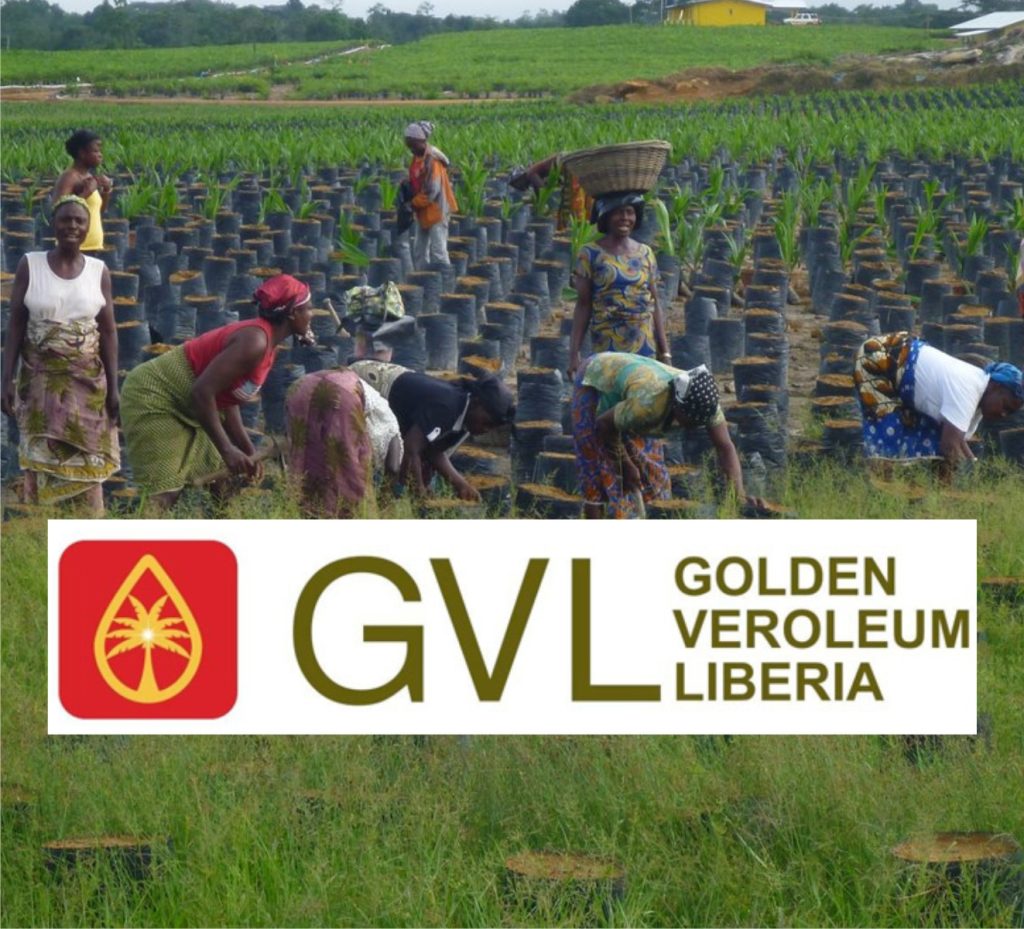The Roundtable on Sustainable Palm Oil (RSPO) has lifted its restrictions on Golden Veroleum Liberia (GVL)’s operations in Butaw and Tarjuowon, Sinoe County, bringing closure to a protracted dispute centered around allegations of insufficient adherence to Free, Prior and Informed Consent (FPIC) principles. This decision marks the end of a complaint initially filed by Green Advocates on behalf of local communities, a complaint that prompted the RSPO to impose a moratorium on new land developments in the affected areas. The resolution allows GVL to resume its expansion plans, while underscoring the importance of responsible palm oil production within the complex landscape of community rights and environmental protection.
The core of the dispute revolved around the concept of FPIC, a crucial right that ensures indigenous and local communities have the power to decide over their lands and resources. The complainants argued that GVL’s development activities had infringed upon this right, failing to adequately consult and obtain consent from the affected communities before proceeding with its operations. This raised concerns about the potential negative impacts on community livelihoods, traditional land use practices, and the overall well-being of the local population. The RSPO’s intervention underscored the significance of FPIC as a cornerstone of sustainable palm oil production, emphasizing the necessity of respecting community rights and fostering genuinely participatory development processes.
In response to the complaint, GVL initiated a series of remedial actions aimed at addressing the concerns raised and demonstrating its commitment to responsible palm oil practices. The company enlisted the expertise of The Forest Trust (now Earthworm Foundation) to conduct independent investigations on the ground. The objective was to gain a clearer understanding of the situation and to receive guidance on how to improve its implementation of FPIC processes. This external assessment was a key step towards rebuilding trust and demonstrating a willingness to learn from past shortcomings.
Furthermore, GVL launched a comprehensive Sustainability Action Plan designed to reinforce its commitment to social and environmental responsibility. This plan encompassed a range of measures aimed at strengthening its existing safeguards and ensuring ongoing compliance with both RSPO Principles and Criteria and other relevant sustainability commitments. By proactively addressing the issues raised in the complaint, GVL sought to demonstrate its dedication to responsible operations and its willingness to work towards a more harmonious relationship with local communities.
The resolution of the complaint signifies a critical juncture in the ongoing dialogue surrounding sustainable palm oil production in Liberia. GVL, welcoming the collaborative efforts of the Liberian government, local communities, and its own workforce, has expressed its commitment to honoring the obligations outlined in its Concession Agreement and adhering to the principles of the RSPO. This collaborative approach, involving various stakeholders in the resolution process, highlights the importance of multi-stakeholder engagement in addressing complex land-use challenges and promoting sustainable development.
Moving forward, GVL has reaffirmed its dedication to protecting the surrounding environment, fostering economic opportunities for local populations, and improving the livelihoods of the communities within its operational areas. This commitment underscores the potential of the palm oil industry to contribute positively to economic development while simultaneously respecting the rights of local communities and safeguarding the environment. The resolution of the complaint and GVL’s renewed commitment represent a step towards a more sustainable and equitable future for palm oil production in Liberia.


